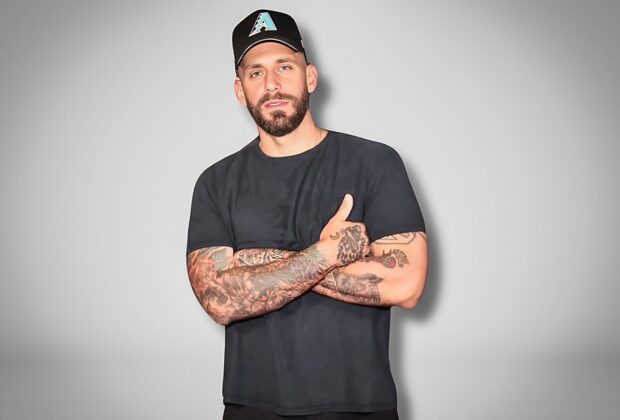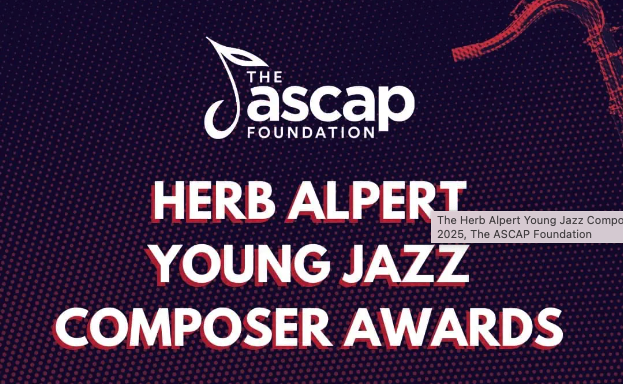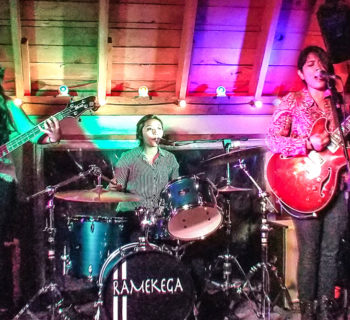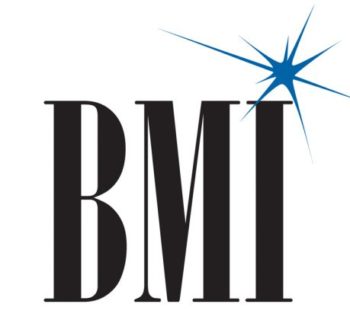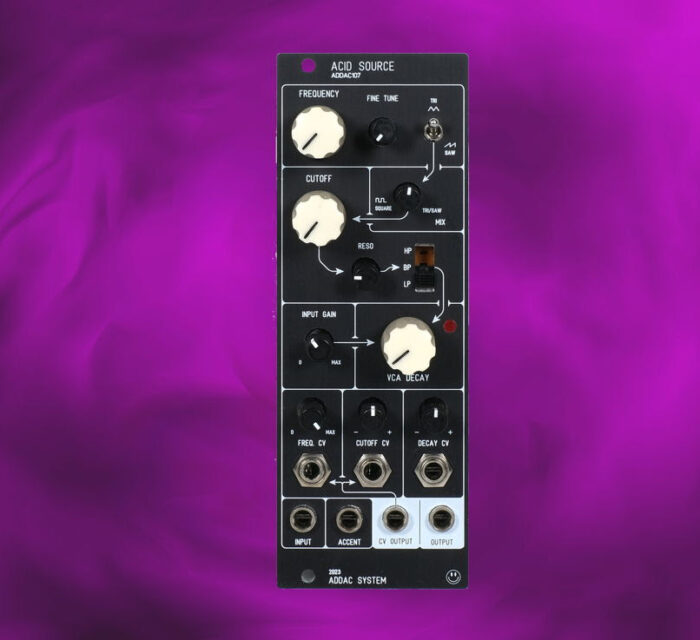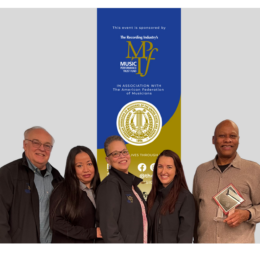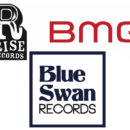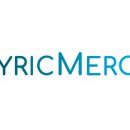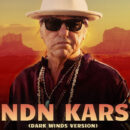Co-Founder
Gravel Road
Years with Company: One
Address: Nashville, TN
Web: gravelrd.co
Email: ant@gravelrd.co
Clients: Lakeview, Willie Jones, Compton Cowboys, Travis Bolt, Justbrandon
BACKGROUND
Anthony Martini first prospered as a singer and songwriter for hardcore band E-Town Concrete, but that was just the beginning. He later worked in management and helped bring to life Jingle Punks (which provides music for film, TV, and video games), launched the world’s first virtual rapper, and held the position of CEO at Royalty Exchange, among other accomplishments. His most recent project is Gravel Road, a label, management, and publishing outfit with a focus on country music.
Going Country
I had a label [Commission Music] that was hip-hop-based and had success with artists like Lil Dicky and Tyga. Then, I sold my label and started dabbling in other things, just trying to be disruptive in my own way. But over the last year and a half, I realized that what I really enjoy doing is finding and developing talent. I started to figure out ways to get back into dealing with artists directly. I decided it was time to start a new venture. Country had been exciting to me, just as a fan.
Rebel Yell
For Gravel Road, I want to focus on country. We just partnered with a rock and metal label to expand the tentacles a bit into the heavy music side of things. But it’s a separate brand. What excited me about doing something in country was the opportunity to blaze our own path. For me to get excited, I usually look for something a little quirky, maybe a little weird, maybe a bit rebellious. That’s the brand we’re building and the types of artists I’m focused on.
Lightning Bolt
When I first stumbled upon Travis Bolt, he had maybe 1,000 followers on Instagram and nothing really on TikTok. His songs didn’t have many streams. But he had this song, “Never Tried Cocaine.” The title grabbed me. His voice hit me immediately. The song hit me immediately. I hounded him for months to take a call or meeting. And I eventually signed him.
Since December, he’s gone from nothing on TikTok to 100,000 and something followers. His song’s streaming almost 100,000 times a day. Now we’ve got him on C2C [Country to Country] and he’s getting festival gigs. He opened for Paul Cauthen at the Ryman.
An Artistic View
Being a former artist and songwriter gives me a different perspective on the business side. I’ve been in every situation that any artist I’m dealing with will be in. So I can speak from actual experience, rather than someone who may have learned about it from school or a book.
Stats Are Secondary
I look at the creative side first. Is it making me feel something? Do they have an interesting perspective? And then if there’s data to back that up, that’s great. But I’m not really driven by that. The first thing that always strikes me is a line or melody. And if it makes me feel something, I’ll dive deeper and see what else is there. But it always starts with the song.
Getting Social
The best way to contact me is through social media because then I can dig into the links or socials. But any artist that wants to reach out, send a message. If there’s a specific song I should check out, let me know.
Indie Treatment, Major Muscle
The label side of things does all your traditional label services. It’s sort of a hybrid between an indie and a major because we have the resources. If it makes sense to do a full-on radio campaign, we could do that. It’s good to have that flexibility to take something all the way. But you also get the care of an indie and a smaller team that’s going to be more hands-on and cater to your needs as an artist.
For management, it’s traditional management services. And then publishing, it’s a similar idea.
The A.I. Era
[A.I. rapper] FN Meka was three, almost four, years ago. At that time, A.I. was such a triggering word. It made people scared. Now, everything’s A.I. This is not going anywhere and it’s only going to take over unless we figure out ways to harness it and set some guidelines. Like any technology, in the wrong hands or being used in the wrong way, it could be really harmful. But using it as a tool could make a lot of mundane tasks easier.
It’s similar to filters or plug-ins or when Auto-tune came out. People were like, “Oh, my God. No one needs to know how to sing anymore.” It hasn’t replaced singers. It has given access to people that didn’t have great voices to express themselves. A.I.’s going to follow a similar path. No one’s truly getting replaced. I don’t think you can replace human creativity. A computer can come up with a great song, but it’s still going to lack that spark of human soul. That’s where you’ll always be able to tell the difference.
Punk It Up
[Jingle Punks] was one of the companies I was an advisor for and helped to get off the ground. It was a niche alley of the business that no one was really focused on, but there was a huge need. At the time, if you were a music supervisor and wanted to find music for whatever you were scoring, you needed to have a pile of CDs. It was a very arcane process. Jingle Punks was solving that by being an online database where you could search based on tags, not even necessarily music-related terms or genres. You could search based on a mood or vibe. It made it easy for music supervisors to find the things they were looking for and share it with their teams via a link.
A Royal Job
Royalty Exchange is a platform where any person can invest in music royalties. You’ve seen all the catalog deals that happen for A-list artists. This is a way to give access to everybody. Even if you’re not a superstar, if you have songs that are earning money, this is a way to leverage that. I really learned the ins and outs of catalog valuation and what some of these private firms are willing to pay. I saw all the different types of deals, so that was fun from a learning standpoint.
But ultimately, I felt like a finance bro. It’s music and we were doing some interesting shit, but really, it’s a bunch of spreadsheets, valuations, and Zoom calls with corporate finance guys. That’s where I started to realize I enjoy being involved on the ground floor with artists and developing talent. It was fun, but ultimately not the lane I wanted to focus on.
Be Original and Authentic
You need your own identity and something unique. The fact you have a shitty voice might be what makes you cool. Look at someone like Bob Dylan. He didn’t have a great voice, but it’s unique and you know it when you hear it. He leaned into his strengths, which were lyrics and poetry. Embrace your flaws, then find your strength and double down on that.
Stay true to yourself from a creative standpoint. That’s the one thing that, no matter what, must come across—authenticity. If you’re following a trend or doing something because you think this is what people or labels want, it’s probably not going to work out. It’s better to be totally different, even if it’s not the cool thing at that moment. At least it’s going to be authentic, and people can sense that.

